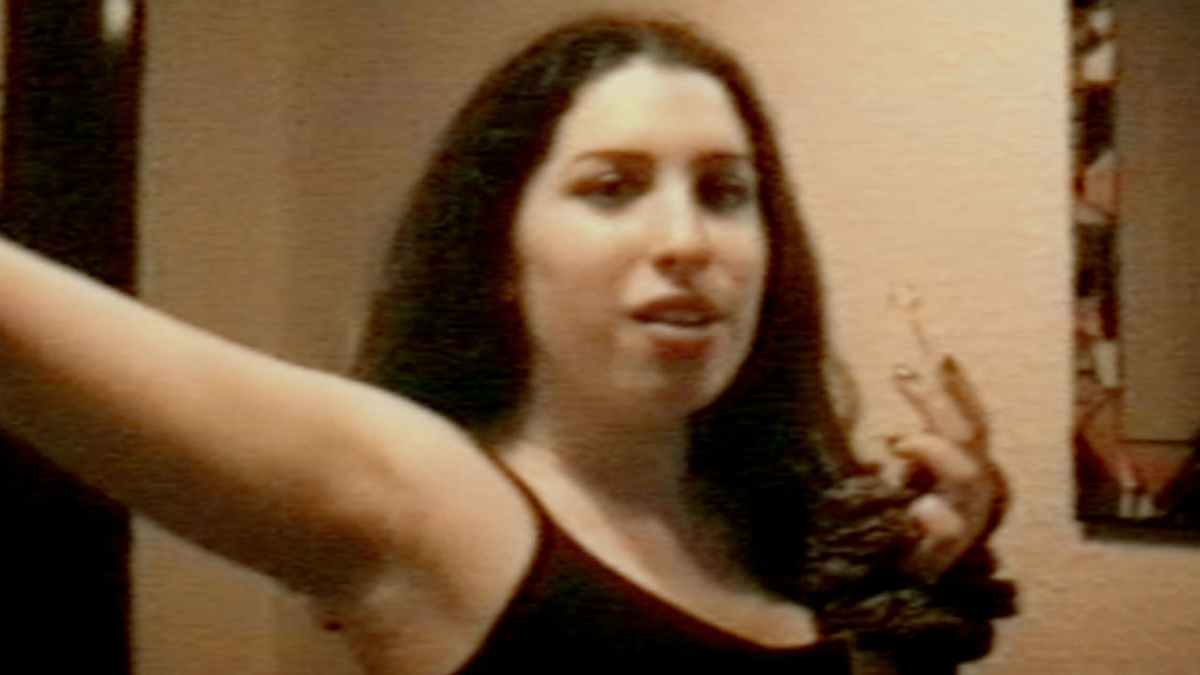Perhaps 13 years ago, I was lucky enough to see Amy Winehouse perform at an intimate gig in Mayfair of around 100 people. The event was hosted by a legal firm my friend was working at and I was there as a journalist for the Evening Standard’s Londoner’s Diary, the publication’s party pages. It was at the point in Amy’s career when her health, both physical and mental, was in fast decline. Her legs were spindly and frail and her beautiful messy beehive looked too big for her tiny head. I remember her collarbone that gave way to deep hollows. Her make-up was smudged, and she looked so terribly sad. She got on stage and sang in her astonishing voice, that ragged contralto perfect for conveying heartbreak, sass and pain. She could barely stand that night, in fact she swayed uneasily throughout her performance, but her endless talent was still so luridly loud. She sang like she meant it, with resigned anger and pain. Her father was there that evening, handing out copies of his own CDs.
Even then, aged 21, I didn’t understand why she was there, why she wasn’t being looked after and why anyone had allowed her to get on stage. Looking back, it was public humiliation – a modern equivalent of the stocks. There wasn’t the same understanding of mental health at that time, but it was clear that she was ill. It’s easy to pass the blame because it lets us off the hook – it stops us from thinking about our own complicity. We watched all of it happen; we pored over those pictures of her drunkenly falling out of the Hawley Arms in Camden, we discussed her bloodied ballet pumps and talked about her weight loss as she struggled with an aggressive eating disorder. We watched her degradation, and we watched her die. Amy’s story has been compared to that of Britney Spears, a woman who was also hunted and hounded until she cracked. The difference, with Spears – especially in relation to the conservatorship – is that we turned a blind eye to her torment; with Amy, we stared at it straight in the face but still did nothing. TV presenters laughed at her and the tabloids ran screeching, ugly headlines about her behaviour. When the end came, we were all shaken by it – yes, we saw the drink, drugs and eating disorder, but some of us still thought her talent would carry her through, that her music would save her.
Of course, life isn’t that romantic and her raggedly beautiful voice, in the end, couldn’t protect her. Ten years on, what have we learnt? The simple answer is not a whole lot. In the US, Spears is still trapped in a terrifying conservatorship and not allowed to make basic decisions about whether she has more children. In the UK, the tabloids bullied the Duchess of Sussex out of the country. In 2019, Caroline Flack took her own life after her reputation was ripped apart for allegedly assaulting her boyfriend. From the moment her arrest was made public, open season on the star began and the tabloids capitalised on the titillating opportunity to shame a famous young woman. In recent years, we have asked people to come forward when they are struggling with mental health illnesses but berate them when they do.
I wonder if Amy had been 27 today, suffering from addictions and bulimia, whether she would have been treated differently. There would be less overt mocking, yes; Graham Norton probably wouldn’t describe her as a “mad person” like he did in 2008. But let’s not forget that Asif Kapadia’s tragic documentary, Amy, came out in 2015, which first questioned whether the media and public were culpable in her downfall. Since then, we’ve seen a member of the royal family consider suicide thanks to tabloid and public bullying, and a famous TV presenter kill herself after finding the media frenzy surrounding her too much to withstand.
But here’s to Amy, the woman who wrote and sung one of the most influential albums of the 21st century in Back To Black. A woman so talented Prince covered her music and who paved the way for Adele and Florence Welch. A woman who articulated the pain of heartbreak with such accuracy and raw emotion. A woman who cultivated a look so unique and irreverent that it is still immediately recognisable. A woman who roared about the messiness of female experience, from suffering and despair to obsession and insecurity. A woman who, at huge personal cost, left music a better place than when she found it.














